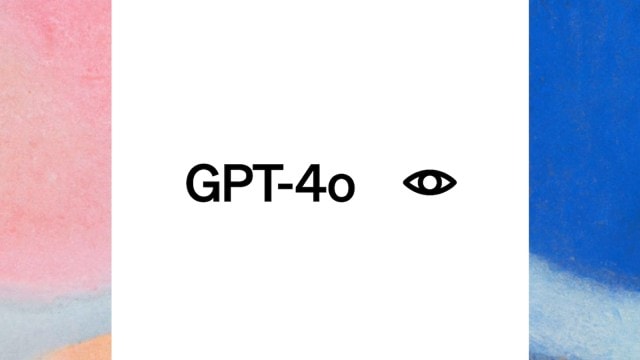
The Quiet Tragedy of Latin American Education
The state of education in Latin America is a quiet tragedy. According to the Organization for Economic Cooperation and Development, about one-third of all 15-year-old students in Latin America lacked rudimentary literacy and math skills as of 2015. These students may have been enrolled in school, but they were not receiving an education. MIT professor of political science Ben Ross Schneider calls these cases “a quiet, ongoing tragedy in the region.”
Education is strongly associated with better economic outcomes. For individuals, incomes rise about 10 percent for each additional grade completed. For countries in Latin America, a better-educated population can create more growth. And yet, large-scale education improvements on the continent are sporadic, and sometimes reverse after they happen. Why is this?
Schneider carefully examines this question in his new book, “Routes to Reform: Education Politics in Latin America,” published by Oxford University Press. In it, he analyzes the factors enabling and limiting reforms in several countries in the region, and illuminates the distinctive nature of education politics.
“For centuries, the twin scourges and defining features of the political economy of Latin America have been poverty and inequality,” Schneider writes in the new book. “The best and probably only way to overcome these scourges long term is quality education for all.”
One of the main obstacles to education reform is the lack of a strong political coalition pushing for change. Education politics is a relatively “empty policy space,” devoid of interest groups, or even parents, consistently lobbying in favor of improvements. Wealthier, well-off parents have mostly moved their kids to private schools, so they don’t care about the public education system.
Schneider focuses on teaching as a key area for improvement. He sees value in making it a more rigorous, merit-based career than it often has been in Latin America. That includes better instruction for teachers, merit-based hiring, and systematic evaluations that create more steps on the teaching career ladder.
“The quality of teaching is the most important factor for student learning in schools,” Schneider says, referring to a growing body of research. “There’s a lot to do by recruiting better, training better, providing teachers with more incentives, and giving them a better career as a teacher. It is the best thing, but it is the most politically and organizationally difficult reform to achieve.”
Schneider notes that there is not one template for improving education; asking which route works best is, he writes, “unfortunately, the wrong question.” Rather, some routes are more or less likely to succeed in certain settings.
In other tech news, OpenAI has unveiled its latest generative AI model, GPT-4o, which comes with more capabilities than ever before and can reason across text, voice, images, and video. Google, at its annual developers conference, unveiled its latest generative AI model, Gemini 1.5 Pro, which now supports up to 1 million token context windows and also offers exclusive features.

Android 15 beta is now available for over 25 smartphones, and GTA 6 is set to launch in 2025.
In the subsea technology sector, Birns Inc. has become a global leader, with a line of connectors, cable assemblies, lights, and penetrators. The company is committed to quality, verified by objective data and third-party testing.
















